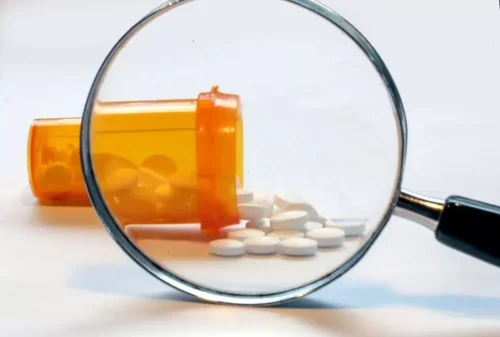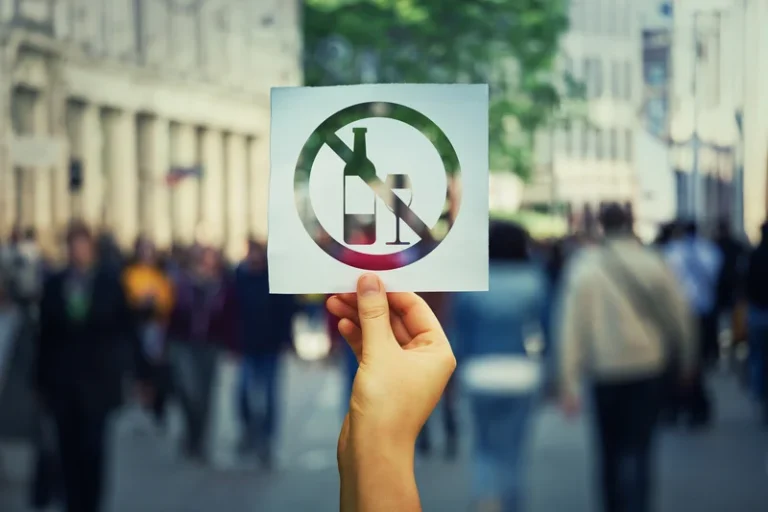
These changes can compromise brain function and drive the transition from controlled, occasional use to chronic misuse, which can be difficult to control. The changes can endure long after a person stops consuming alcohol, and can contribute to relapse in drinking. The significant overlap between mental health and addiction underscores the why is alcohol addictive need for treatment that addresses both conditions simultaneously. The United States faces a complex and evolving crisis when it comes to substance use disorders (SUDs). It destroys lives and strains families, communities, and healthcare systems. It’s common for a person to relapse, but relapse doesn’t mean that treatment doesn’t work.

Phone, Video, or Live-Chat Support
Smokers may continue to smoke because of an addiction to nicotine, one of the primary active chemicals in tobacco smoke that is considered to be highly addictive, Psychology Today reports. A stimulant drug derived from the coca plant that grows natively in South America, cocaine is illicitly manufactured in either a white powder or rock form (“crack”). Cocaine powder is snorted, smoked, or injected, while crack is generally smoked. Cocaine creates an intense high as it floods the brain with dopamine, the neurotransmitter involved in pleasure. About 21 percent of people who try cocaine will become dependent on it at some time in their life.

Narcotic Abuse
Since then, an addiction is generally defined as a psychological and physical dependence on a substance that a person continues to use regardless of the resulting negative consequences. Nutt et al’s expert panels rated nicotine (tobacco) as the third most addictive substance. BetterHelp can connect you to an addiction and mental health counselor. Recognizing these health risks can encourage people to take the steps necessary to stop excessive drinking. This question has no definitive answer since both can be addictive depending on the person.
The five most addictive substances on Earth – and what they do to your brain

Nearly 70% of law enforcement agencies in the western and midwestern areas of the United States view methamphetamine and fentanyl as the greatest threats to their populations. Marijuana is classified under the Controlled Substances Act as a hallucinogen. Marijuana is a psychoactive drug derived from the Cannabis sativa plant with the main constituent https://ecosoberhouse.com/ THC ((delta9-tetrahydrocannabinol) believed to be the primary ingredient producing the psychoactive effect. Hallucinogens are both naturally occurring (plants and fungi) and synthetic. As most hallucinogens have no accepted medical use for treatment in the US, they are illegal. For more information about fentanyl, see our report on fentanyl abuse.
- Recognizing these health risks can encourage people to take the steps necessary to stop excessive drinking.
- Hosted by Amy Morin, LCSW, this episode of The Verywell Mind Podcast shares strategies for coping with alcohol cravings and other addictions, featuring addiction specialist John Umhau, MD.
- Many forms of central nervous system stimulants (CNS) and depressants can be highly addictive.
- These “downers” are generally used to treat severe cases of insomnia, but they can also control seizures or be used as an adjunct to anesthesia.
- Some people may have difficulty controlling their alcohol consumption, while others may emotionally rely on certain types of food.
Barbiturates (‘downers’)

Understanding Drug Use and Addiction DrugFacts
- In order to be diagnosed with AUD, a person must experience any two of these symptoms within the same 12-month period.
- In essence, cocaine prevents neurons from turning the dopamine signal off, resulting in an abnormal activation of the brain’s reward pathways.
- They may mistakenly think that those who use drugs lack moral principles or willpower and that they could stop their drug use simply by choosing to.
- Medications also can help deter drinking during times when individuals may be at greater risk of a return to drinking (e.g., divorce, death of a family member).
- Methamphetamine causes rapid dopamine release, significantly increasing the amount of dopamine in the brain during use.
- Nutt et al’s expert panels rated nicotine (tobacco) as the third most addictive substance.
- The National Survey on Drug Use and Health (NSUDH) estimated that more than 21 million Americans (aged 12 and older) battled a substance misuse disorder in 2014.
- This article explores how drinking alcohol can become problematic, focusing on understanding how physical and psychological addiction to alcohol develops.
- But as you continue to drink, you become drowsy and have less control over your actions.